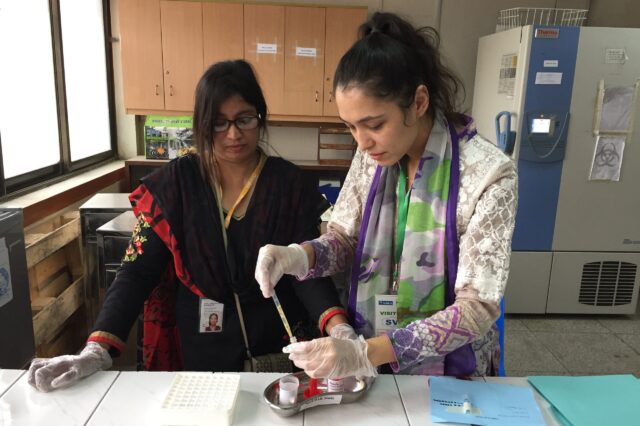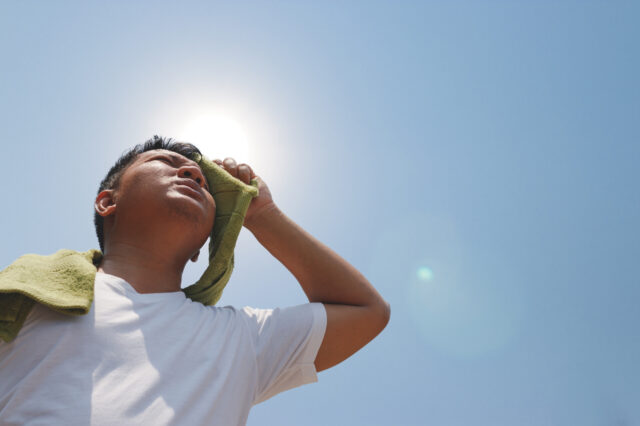Definition
Dehydration occurs when your body does not have as much water and fluids as it needs.
Dehydration can be mild, moderate, or severe, based on how much of your body's fluid is lost or not replaced. Severe dehydration is a life-threatening emergency.
Alternative Names
Vomiting - dehydration; Diarrhea - dehydration; Diabetes - dehydration; Stomach flu - dehydration; Gastroenteritis - dehydration; Excessive sweating - dehydration
Causes
You can become dehydrated if you lose too much fluid, do not drink enough water or fluids, or both.
Your body may lose a lot of fluid from:
- Sweating too much, for example, from exercising in hot weather
- Fever
- Vomiting or diarrhea
- Urinating too much (uncontrolled diabetes or some medicines, like diuretics, can cause you to urinate a lot)
You might not drink enough fluids because:
- You do not feel like eating or drinking because you are sick
- You are nauseated
- You have a sore throat or mouth sores
Older adults and people with certain diseases, such as diabetes, are also at higher risk for dehydration.
Symptoms
Signs of mild to moderate dehydration include:
- Thirst
- Dry or sticky mouth
- Not urinating much
- Darker yellow urine
- Dry, cool skin
- Headache
- Muscle cramps
Signs of severe dehydration include:
- Not urinating, or very dark yellow or amber-colored urine
- Dry, shriveled skin
- Irritability or confusion
- Dizziness or lightheadedness
- Rapid heartbeat
- Rapid breathing
- Sunken eyes
- Listlessness
- Shock (not enough blood flow through the body)
- Unconsciousness or delirium
Exams and Tests
Your health care provider will look for these signs of dehydration:
Your provider may do lab tests such as:
Treatment
To treat dehydration:
- Try sipping water or sucking on ice cubes.
- Try drinking water or sports drinks that contain electrolytes.
- Do not take salt tablets. They can cause serious complications.
- Ask your provider what you should eat if you have diarrhea.
For more severe dehydration or heat emergency, you may need to stay in a hospital and receive fluid through a vein (IV). The provider will also treat the cause of the dehydration.
Dehydration caused by a stomach virus should get better on its own after a few days.
Outlook (Prognosis)
If you notice signs of dehydration and treat it quickly, you should recover completely.
Possible Complications
Untreated severe dehydration may cause:
When to Contact a Medical Professional
You should call 911 or the local emergency number if:
- The person loses consciousness at any time.
- There is any other change in the person's alertness (for example, confusion or seizures).
- The person has a fever over 102°F (38.8°C).
- You notice symptoms of heatstroke (such as rapid pulse or rapid breathing).
- The person's condition does not improve or gets worse despite treatment.
References
Kenefick RW, Cheuvront SN, Leon LR, O'Brien KK. Dehydration and rehydration. In: Auerbach PS, Cushing TA, Harris NS, eds. Auerbach's Wilderness Medicine. 7th ed. Philadelphia, PA: Elsevier; 2017:chap 89.
Padlipsky P, McCormick T. Infectious diarrheal disease and dehydration. In: Walls RM, Hockberger RS, Gausche-Hill M, eds. Rosen's Emergency Medicine: Concepts and Clinical Practice. 9th ed. Philadelphia, PA: Elsevier; 2018:chap 172.


